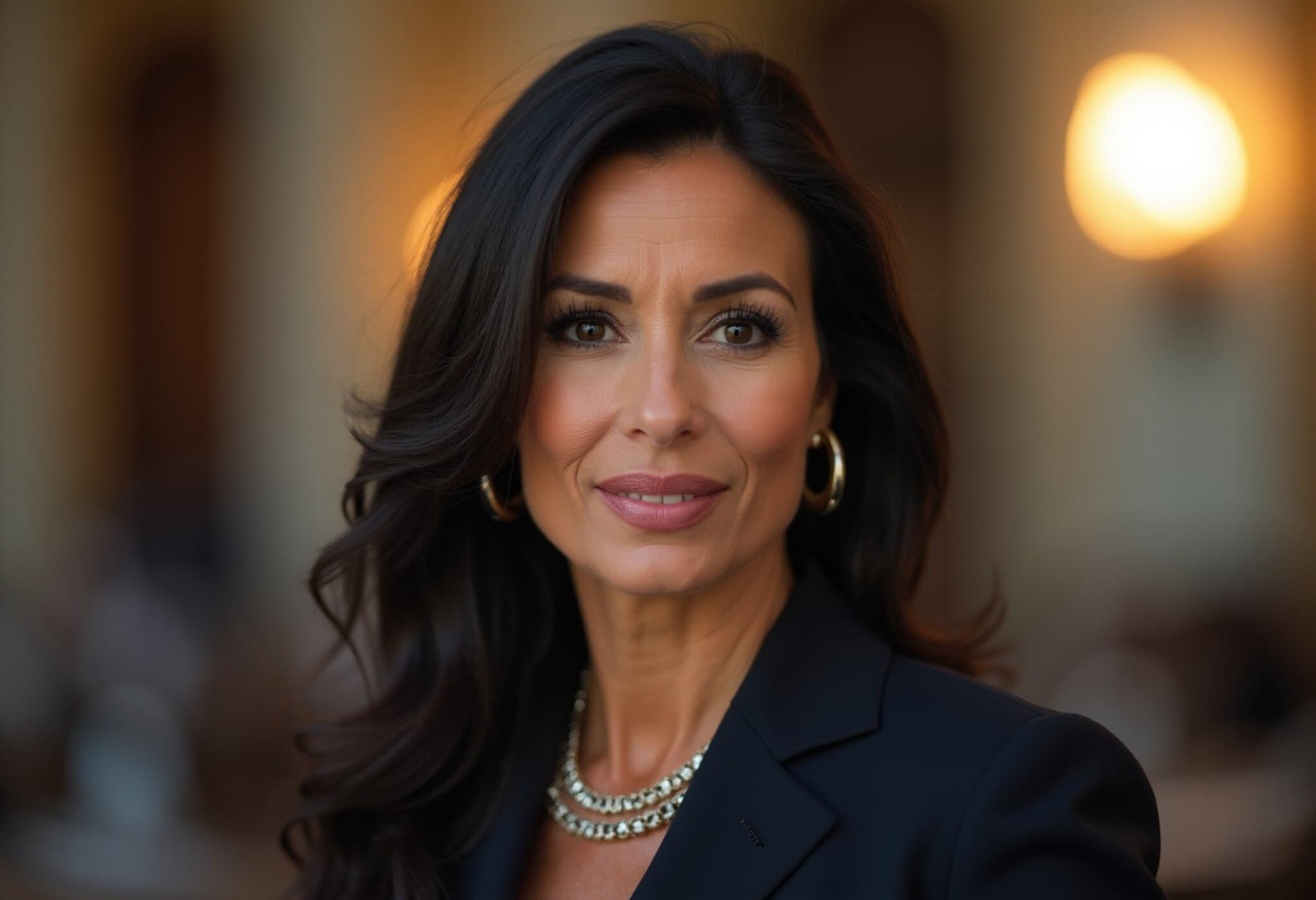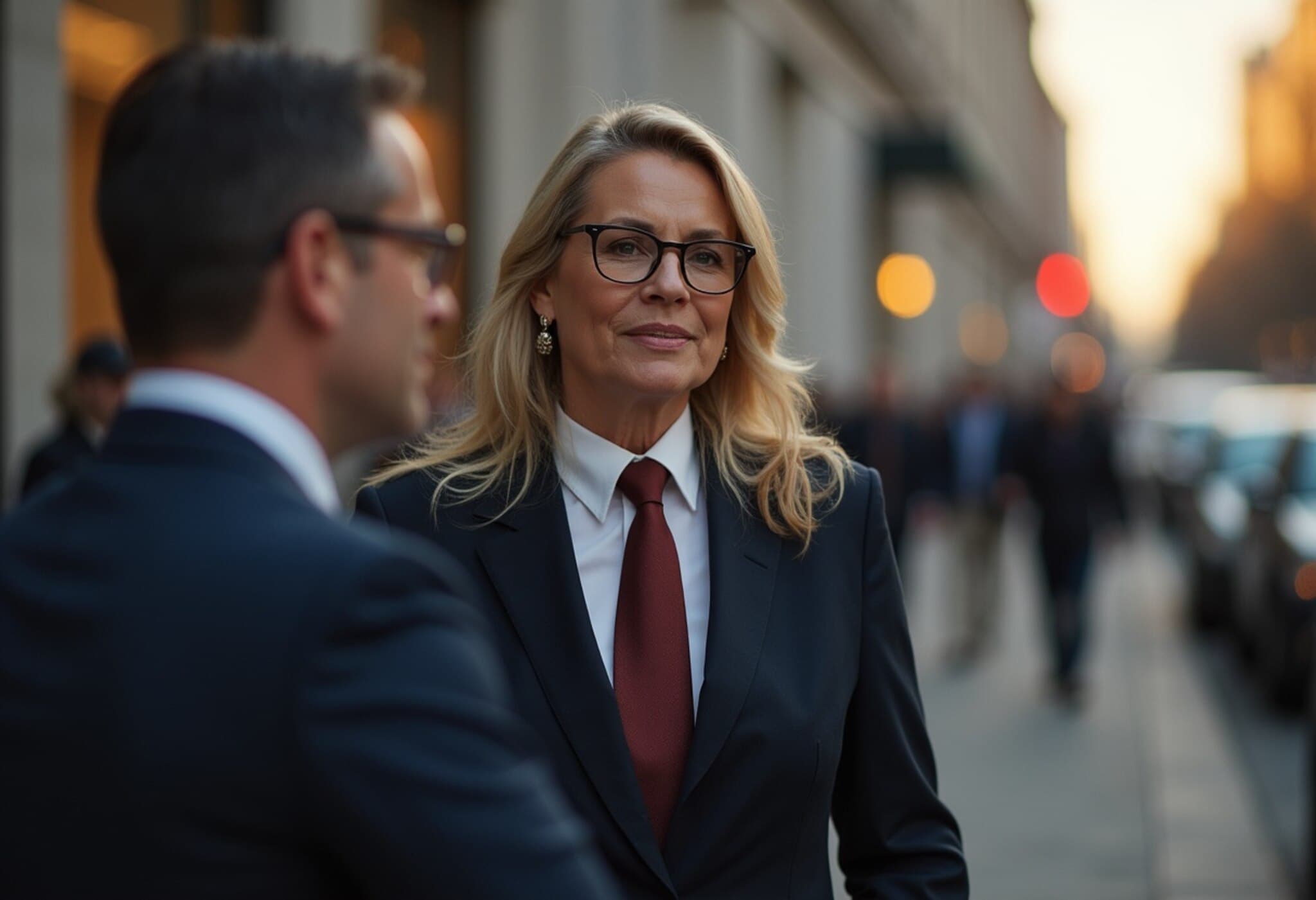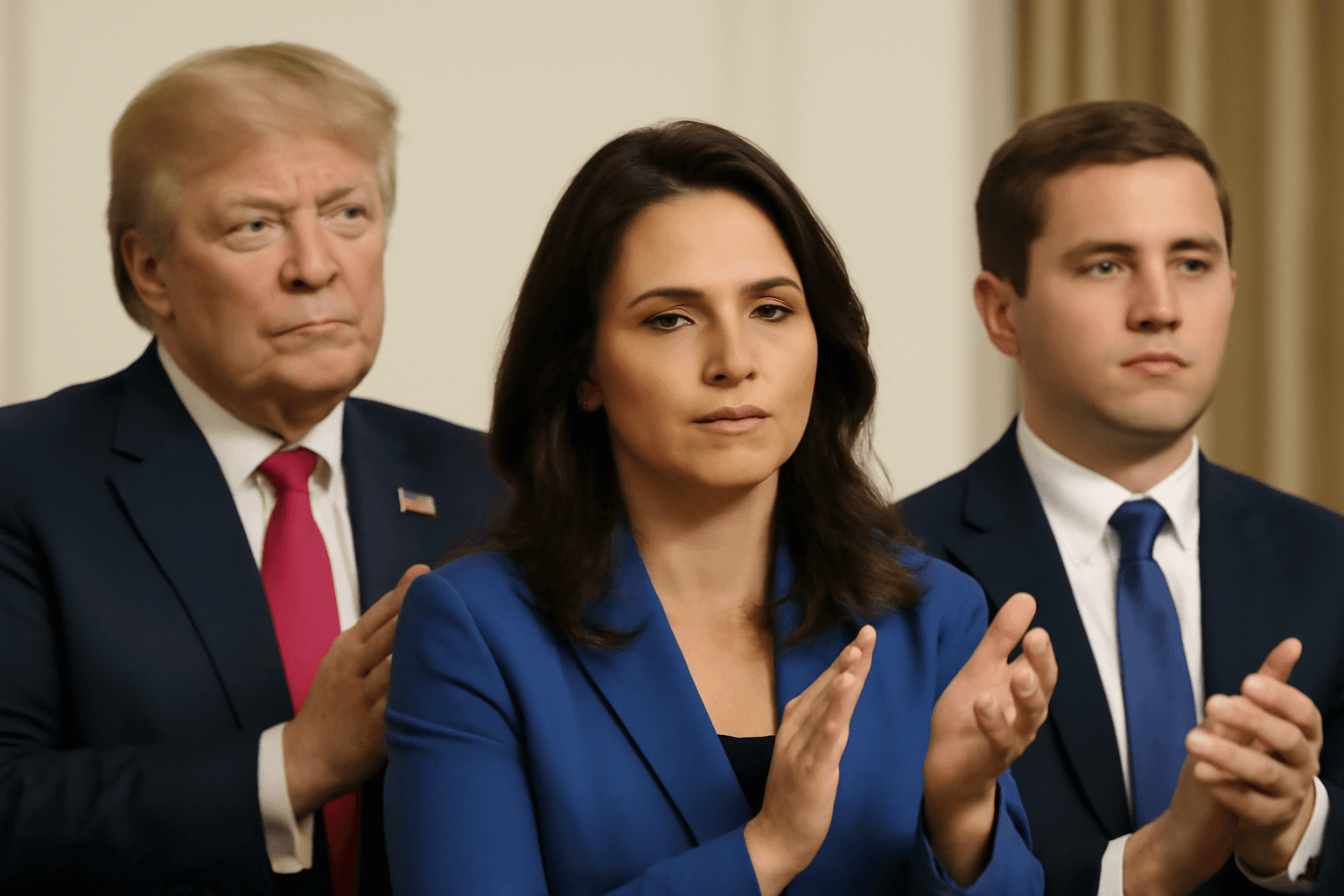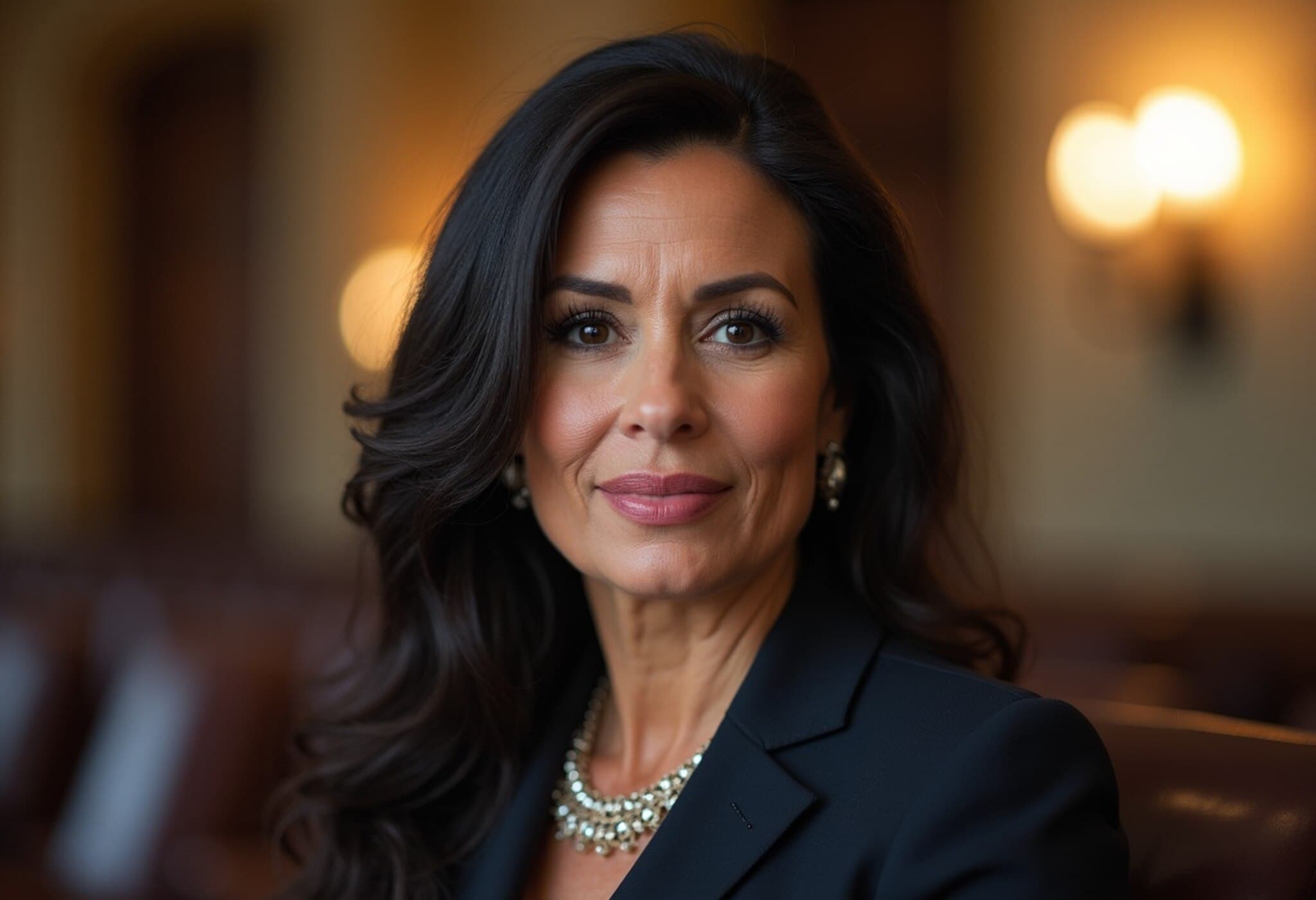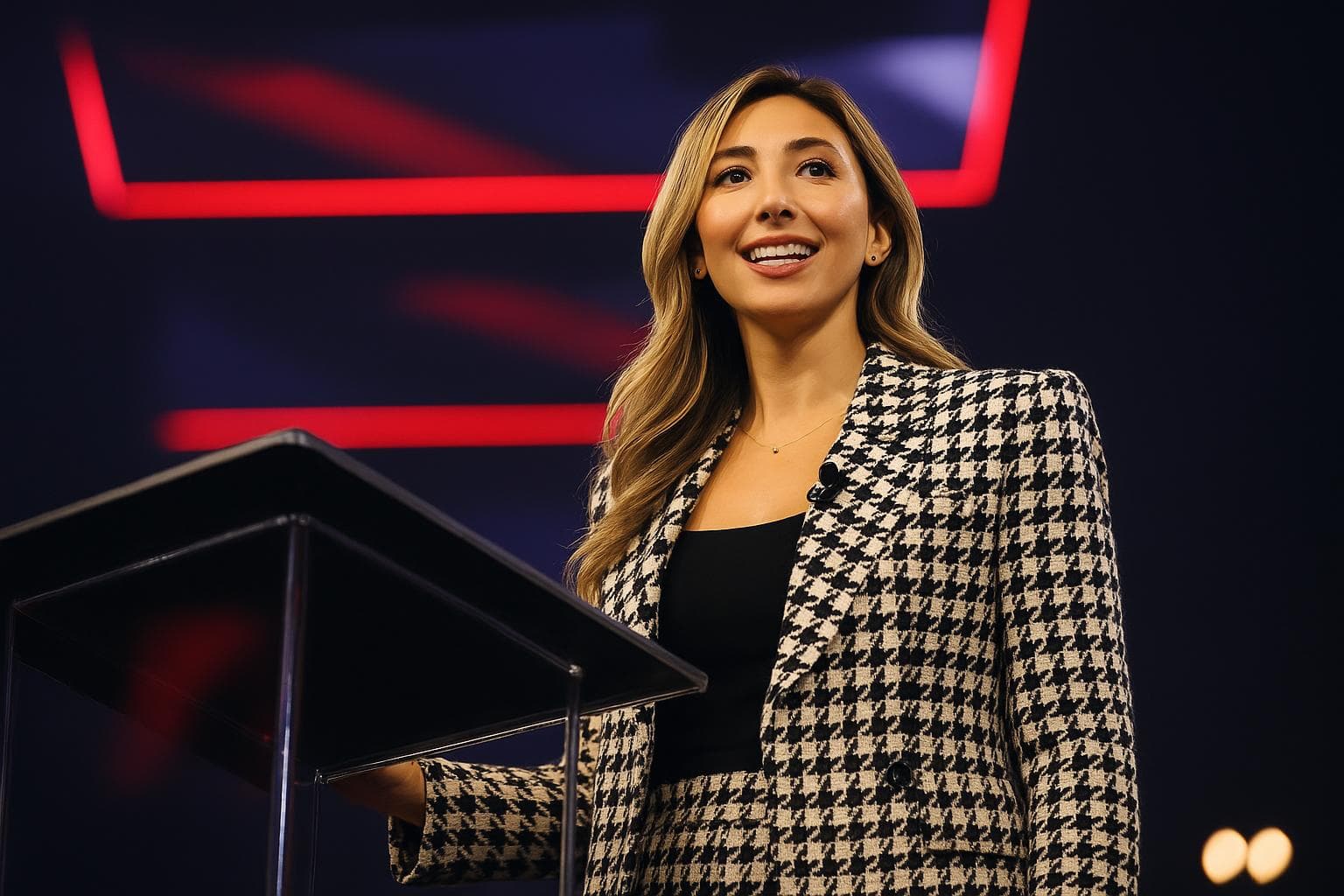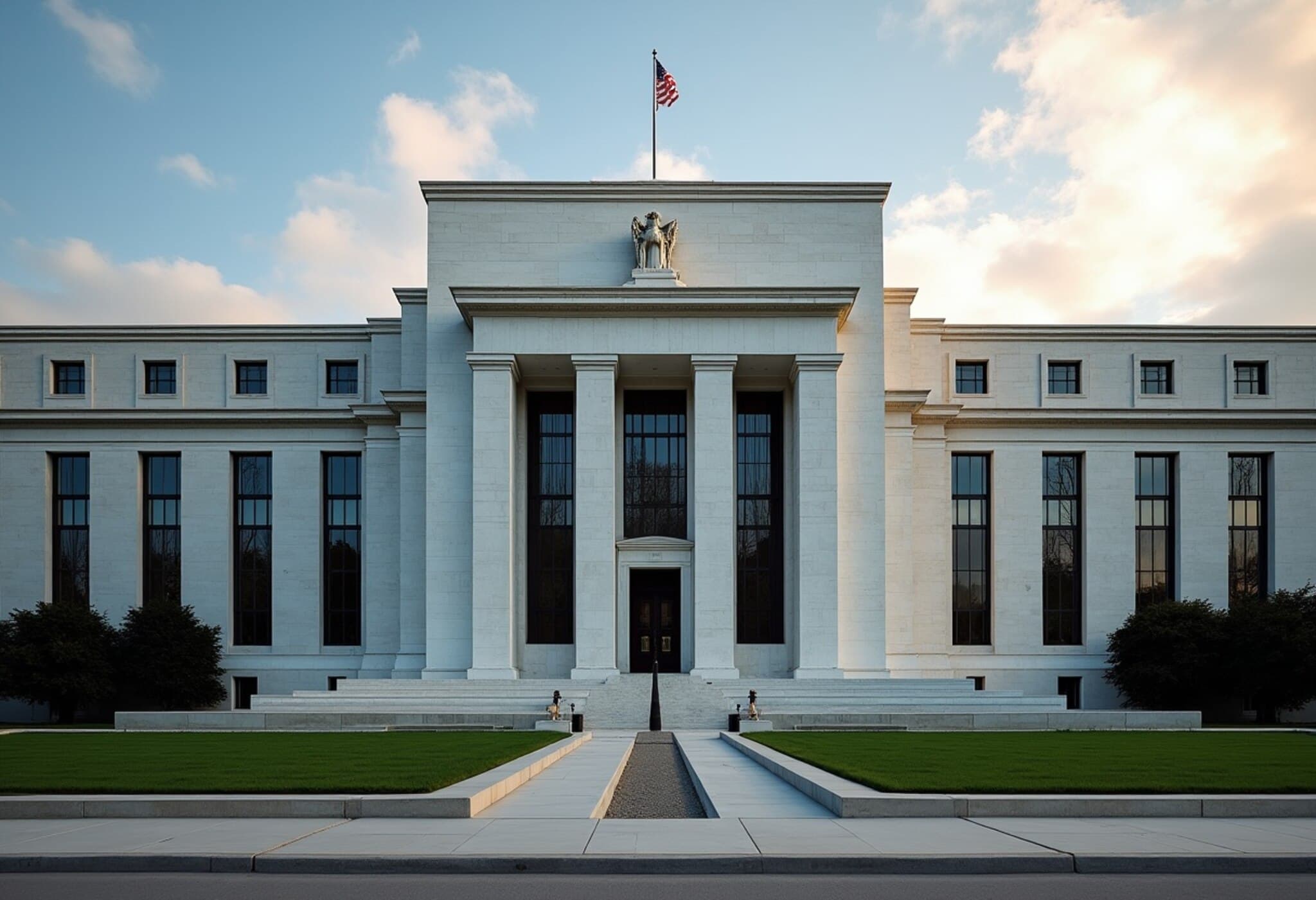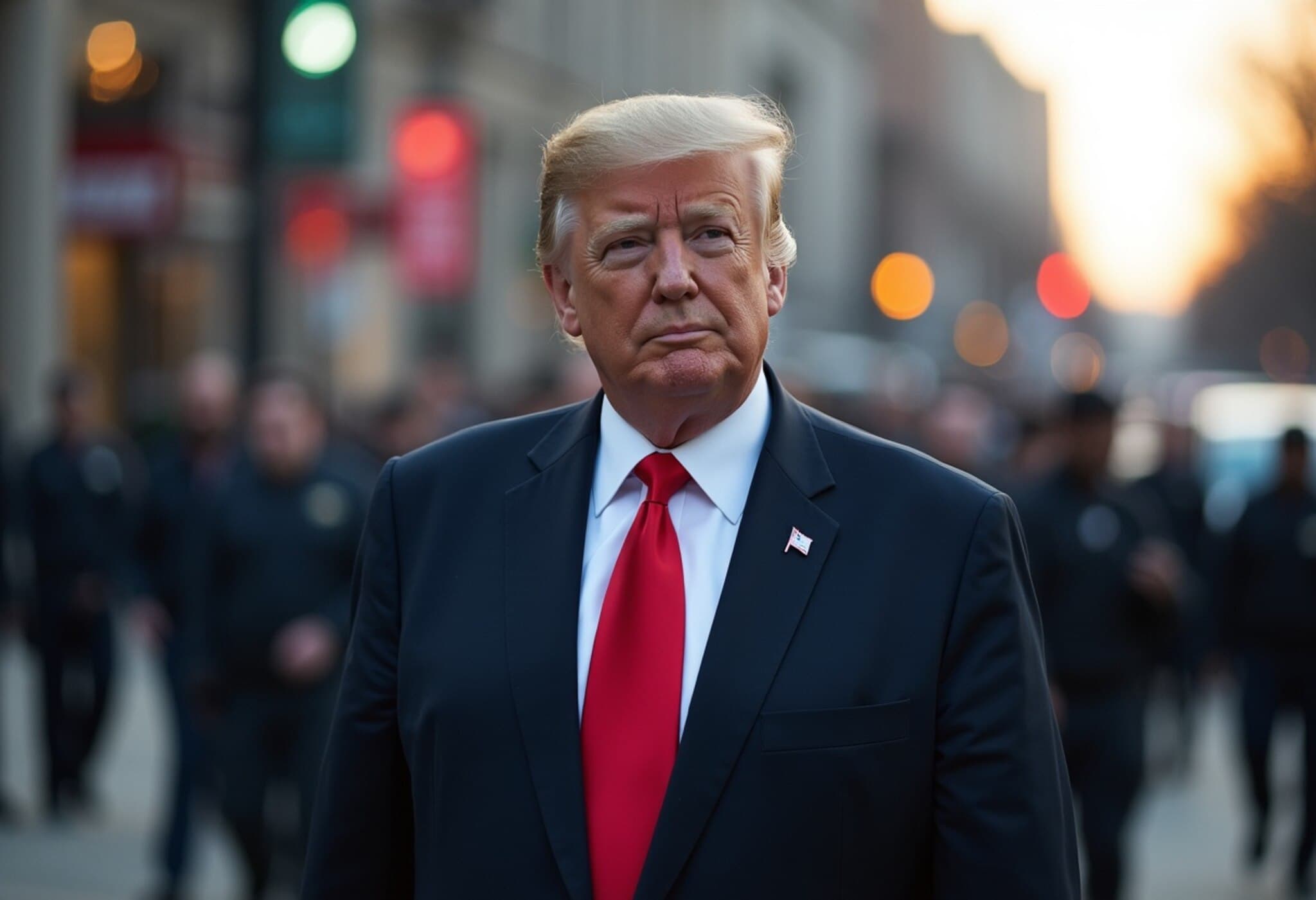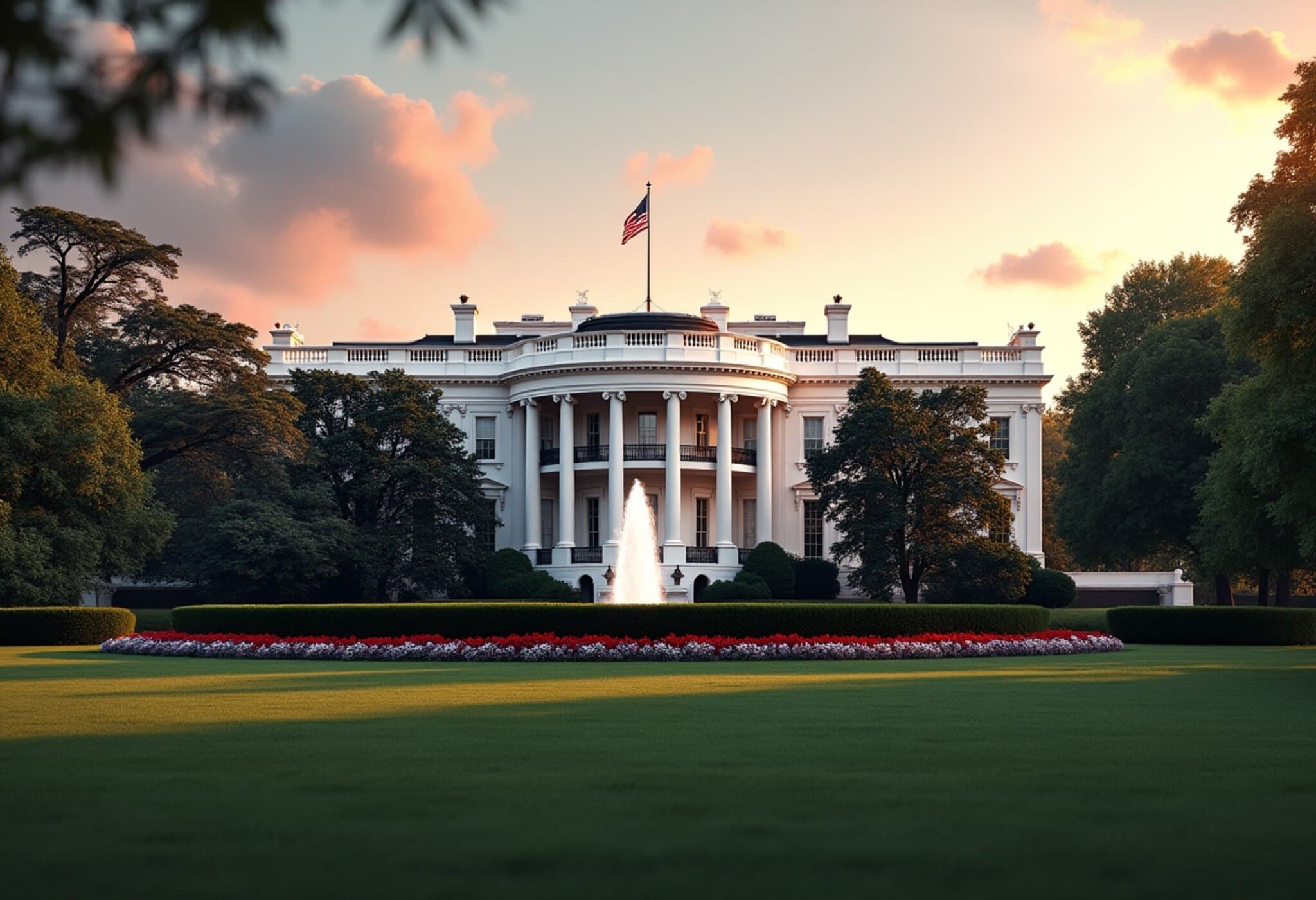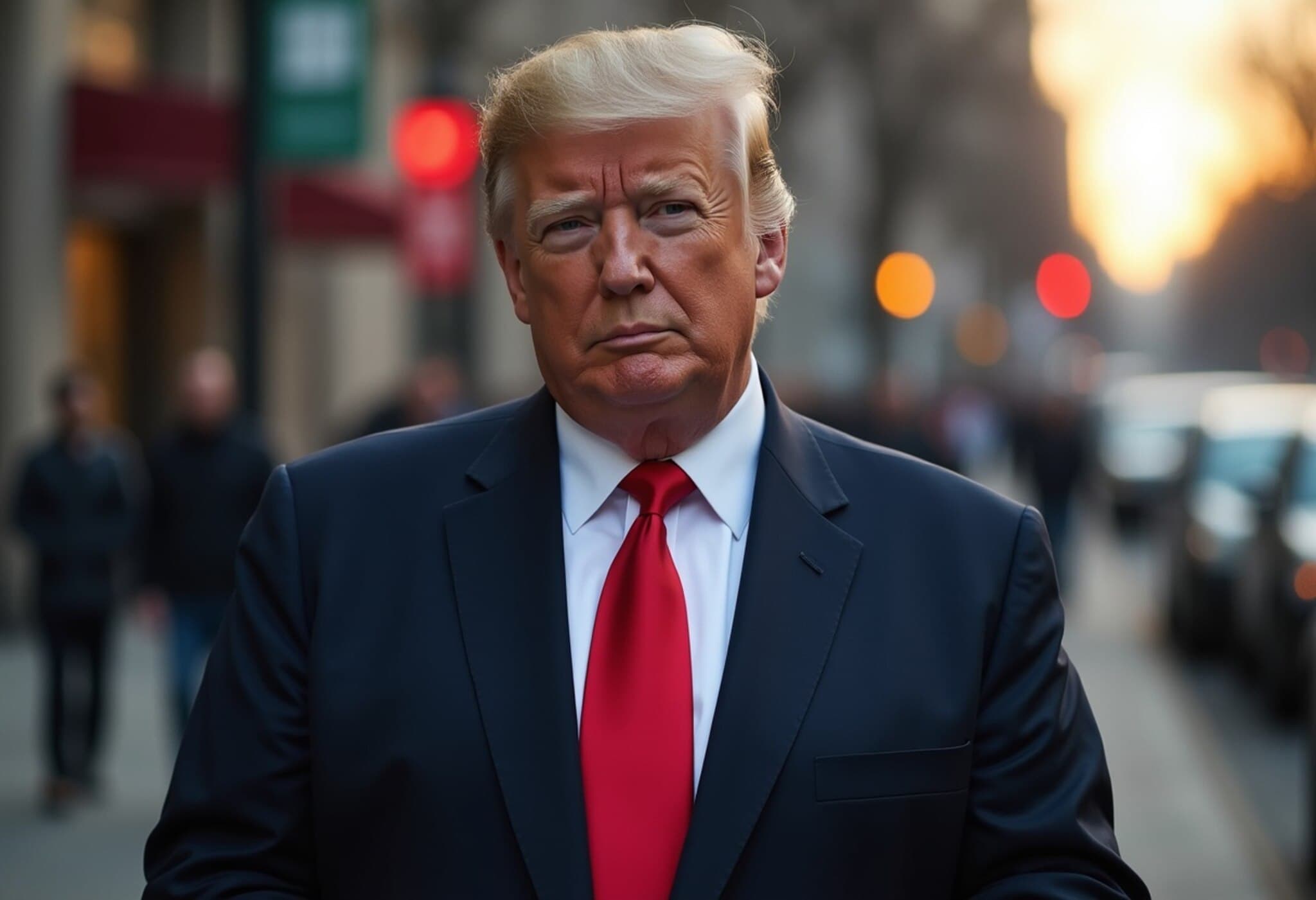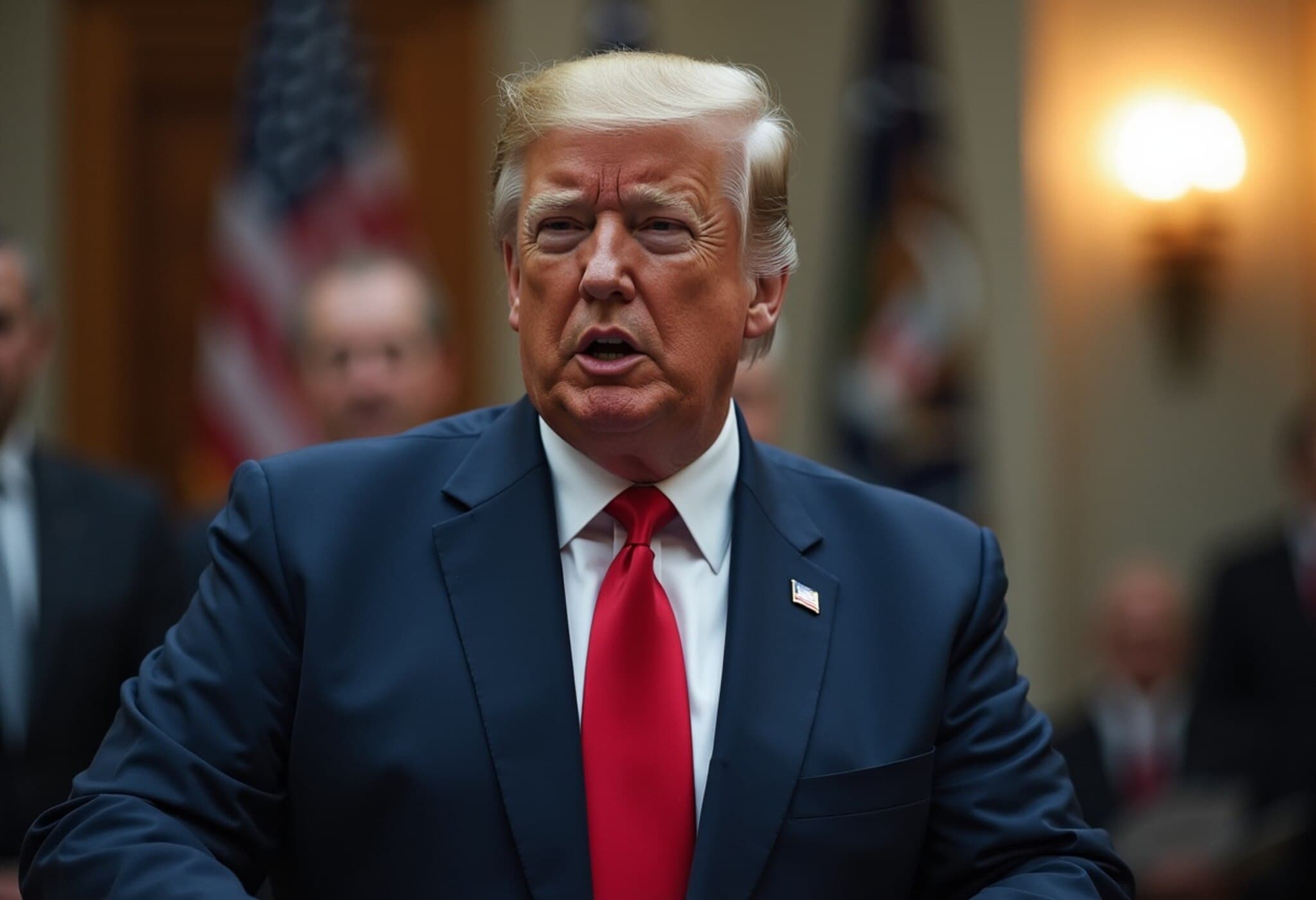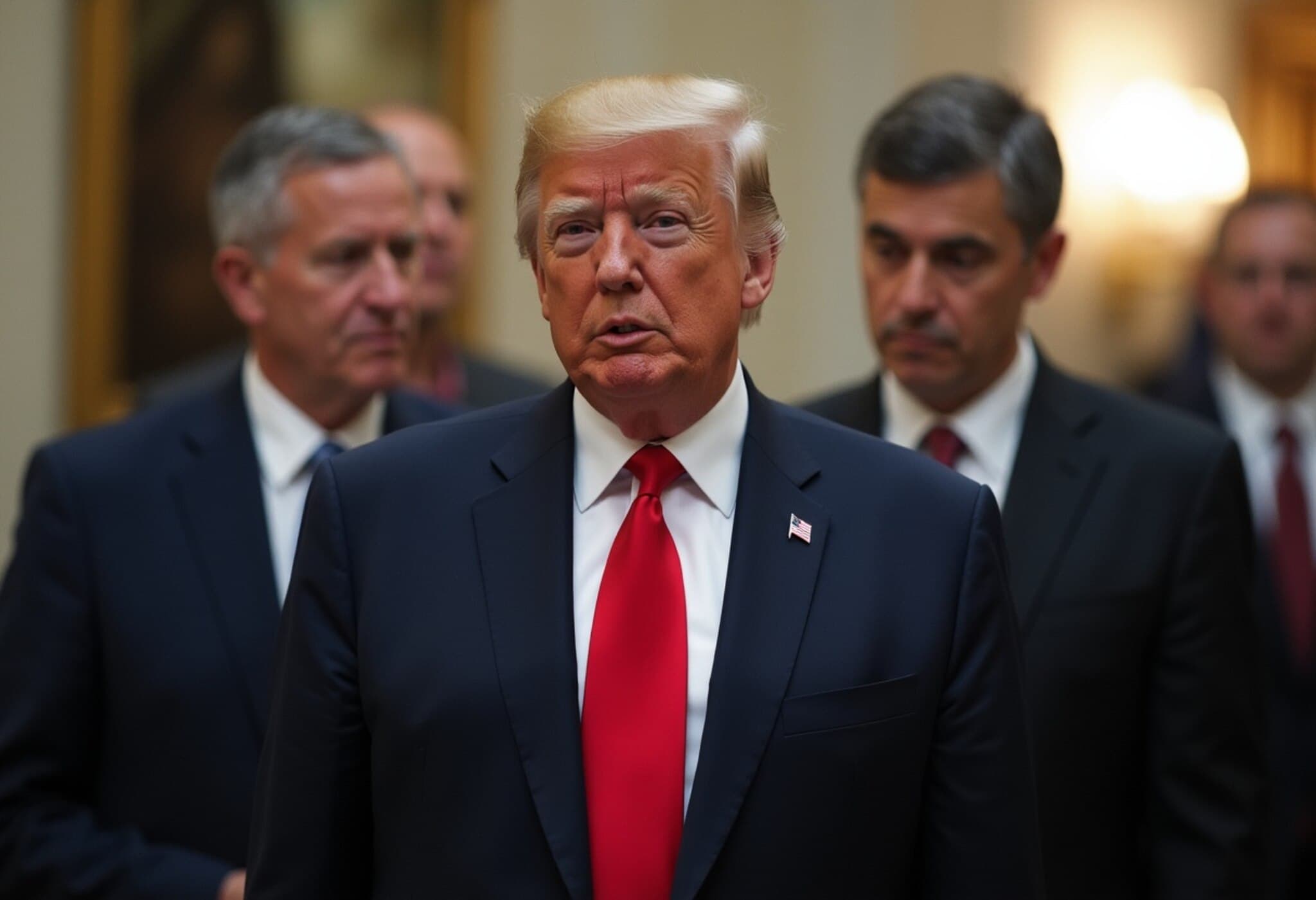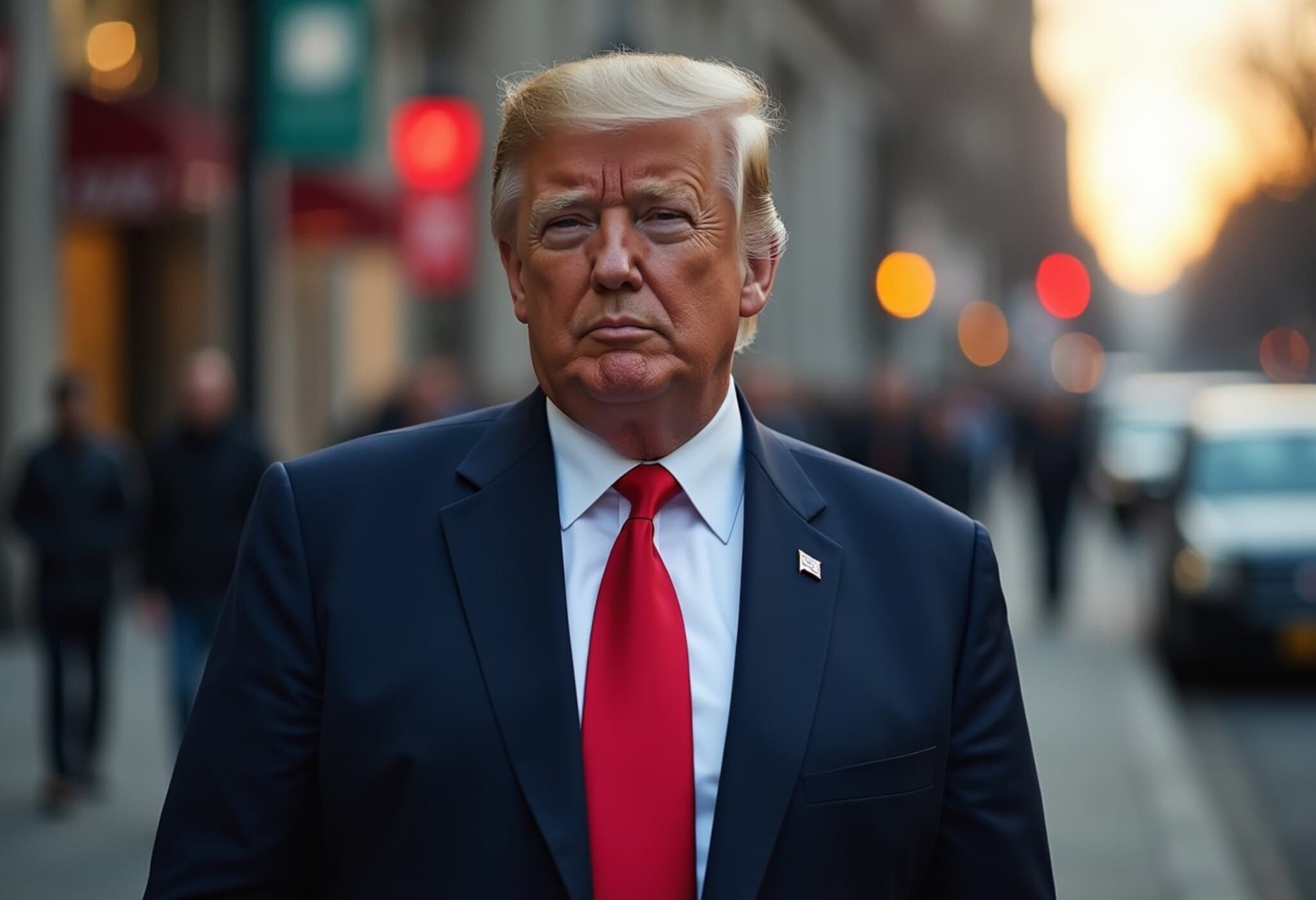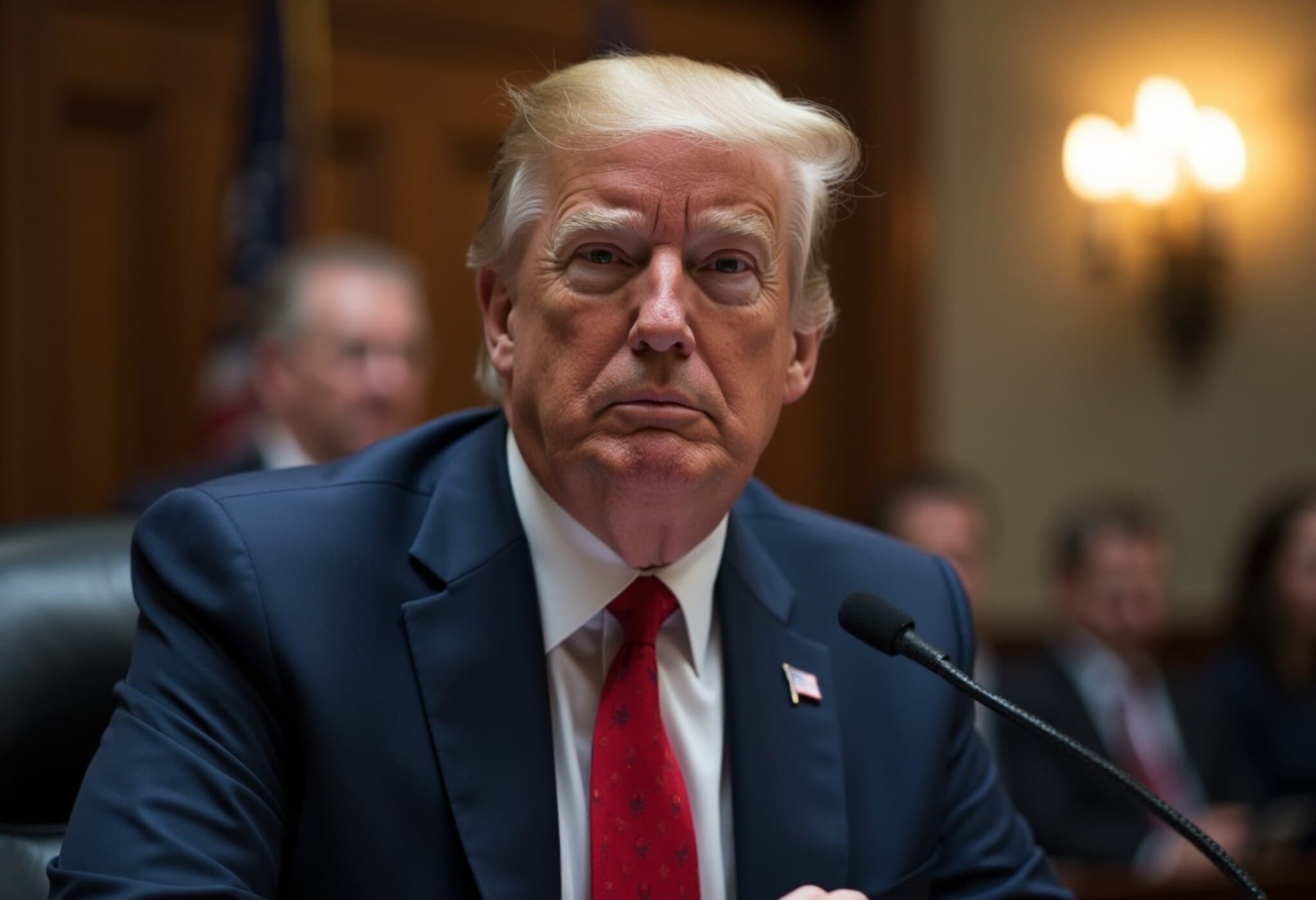Senate Confirms Jeanine Pirro as U.S. Attorney for Washington, D.C.
In a closely watched political appointment, the U.S. Senate confirmed Jeanine Pirro, a former Fox News host and seasoned prosecutor, as the top federal prosecutor for the nation’s capital on August 3, 2025. The nomination passed by a narrow margin of 50-45 votes, signaling a contentious yet significant confirmation.
A Career Bridging Media and Law Enforcement
Before stepping into her current role as Acting U.S. Attorney for the District of Columbia in May 2025, Pirro was a familiar face on Fox News, co-hosting The Five — a prime-time panel show — where she often engaged with political figures, including frequent interviews with former President Donald Trump. However, Pirro’s legal credentials run deep beyond the screen.
Graduating from Albany Law School in 1975, she built a notable legal career that included being elected as a judge in New York’s Westchester County Court in 1990. Pirro also served three terms as Westchester County’s elected district attorney, giving her extensive courtroom and prosecutorial experience far exceeding many recent nominees to similar posts.
Controversy and Political Context
Pirro’s confirmation follows the withdrawal of President Trump’s initial nominee, Ed Martin Jr., a conservative activist. Martin’s candidacy was derailed largely due to opposition from key Republican senators over his vocal support for the January 6, 2021 Capitol rioters — a stance that encumbered bipartisan support. Martin remains within the Justice Department as the pardon attorney, but his removal opened the door for Pirro’s nomination.
Though her legal expertise is recognized, Pirro’s career has not been without scrutiny. In 2021, voting technology firm Smartmatic USA filed a $2.7 billion libel suit against Fox News, Pirro, and others, alleging the spread of false claims that the company had manipulated the 2020 presidential election against Trump. This lawsuit places Pirro within the broader national debate over election integrity and media accountability, themes still resonating deeply in American political discourse.
Senate Judiciary Committee and Final Votes
Last month, Pirro’s nomination advanced unanimously from the Senate Judiciary Committee, a process notably marked by Democrats walking out to protest the nomination of Emil Bove for a federal appeals court position. Despite the partisan friction, Pirro’s nomination eventually secured Senate floor approval, underscoring the complex interplay between judicial appointments and broader political negotiations.
Personal Connections and Past Pardons
Adding another layer to the unfolding narrative, it’s noteworthy that at the close of his first presidential term, Donald Trump granted a pardon to Pirro’s ex-husband, Albert Pirro, who had been convicted on conspiracy and tax evasion charges in 2000. This decision reverberates in the context of political loyalty, personal relationships, and the use of presidential pardons.
Expert Insight: What This Means for D.C. and Beyond
Jeanine Pirro’s elevation to U.S. Attorney for the District of Columbia positions her at the forefront of federal law enforcement in a jurisdiction critical to national security and political oversight. Her combination of prosecutorial experience and media savvy may influence how high-profile investigations and prosecutions are handled, especially amid ongoing political divides.
The Senate’s split vote reflects broader questions about politicization within the Justice Department, and Pirro’s tenure will likely be scrutinized for indications of impartiality and respect for the rule of law. For the residents of D.C. and the country, her confirmation underscores how federal prosecutorial appointments are not just legal but deeply political decisions with nationwide implications.
Looking Ahead
With Jeanine Pirro now confirmed, all eyes will be on how she navigates the challenges ahead—from managing politically sensitive cases to restoring public confidence in the prosecutorial office. Her past as a media personality and legal veteran positions her uniquely, but it remains to be seen how she balances these roles to uphold justice without partisan bias.
Editor's Note
This appointment raises critical questions about the intersection of media influence, political loyalty, and judicial independence. As Pirro begins her tenure, observers should watch for how she addresses ongoing concerns related to election law, civil unrest, and prosecutorial ethics in the capital. Her confirmation serves as a reminder that legal roles often serve as a mirror to the nation’s political heartbeat.

